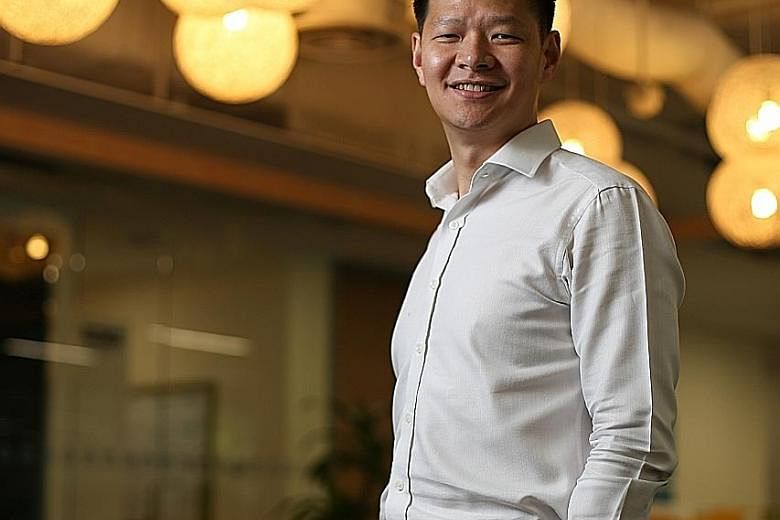As technology changes the nature of jobs and the economy, the need for workers to learn new skills regularly has become more pressing.
Bosses will need to play a bigger role in helping staff hone and update their skills, since what they learnt through the education system will not be enough to carry them through their careers, experts told The Straits Times.
Employers should move towards recognising new types of courses outside the traditional education system, since "high-quality content and digital delivery models will be able to offer employees ready access to continuous learning", said Singapore Human Resources Institute president Erman Tan.
Careers are becoming longer due to rising life expectancy, while the half-life of professional skills - the time taken for a skill to lose relevance - is being compressed to as little as five or six years, said Mr Indranil Roy, Future of Work lead at Deloitte South-east Asia.
This means a typical worker will need to acquire new skills at least seven to eight times over his career.
"In an age where skill sets become obsolete in just a few years, many workers are scrambling to stay current. Lifelong learning has therefore become a prerequisite for success," Mr Roy said.
Companies and employees are paying attention to this trend. In Deloitte's global survey of over 10,400 business and human resource leaders this year, the issue of careers and learning was ranked the second most important trend, up from fifth last year.
Singapore National Employers Federation executive director Koh Juan Kiat said that with workforce growth slowing tremendously, it is even more important for employers to develop staff to their fullest potential.
"Employers need to continually invest in the skills of their employees to keep them updated and relevant to their business requirements," he said, adding that they can tap schemes like the professional conversion programmes to reskill workers in technical areas such as aerospace, electronics and infocomm technology.
The Tripartite Alliance for Fair and Progressive Employment Practices, which manages the Human Capital Partnership programme announced last year to reward progressive employers who develop staff, highlighted some good practices by companies.
These include starting internal training centres with customised courses that address specific challenges, and rotating employees across offices, teams or countries to help them develop more well-rounded skills.
Mr Koh said workers should also be prepared to take on new job roles and can initiate requests to go for training if they find they lack the skills for the job.
Skills upgrading was a necessity for Dr Wong Loke Yuen, 36, a global product manager at semiconductor equipment manufacturer Applied Materials, as he progressed over six years from his initial role as research and development process engineer.
In his current role of seeing a product through from design to manufacturing, he has to keep abreast of new markets and rapid advances in technology, as semiconductor chips are being used in fields such as the Internet of Things, artificial intelligence and autonomous vehicles.
"I actively learn from both internal subject matter experts as well as through various customer engagements. I also sign up for multiple training opportunities offered by Applied online and face to face," he said.
Dr Wong, who has a PhD in physics, has gone for short-term overseas assignments such as at the company's headquarters in Silicon Valley. Experts in specific technology areas also travelled to Singapore to pass on knowledge to the local team.
Applied Materials South-east Asia regional president Russell Tham said managers and workers at the company create employee development plans together that are aligned to job requirements and career interests.
Helping workers develop and upgrade skills is the topic of a roundtable discussion today organised by The Straits Times.


